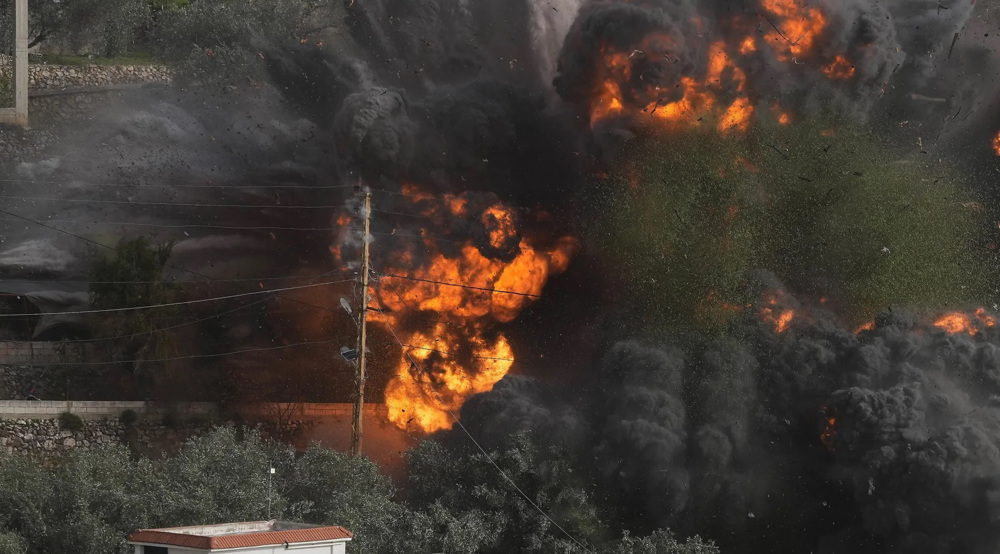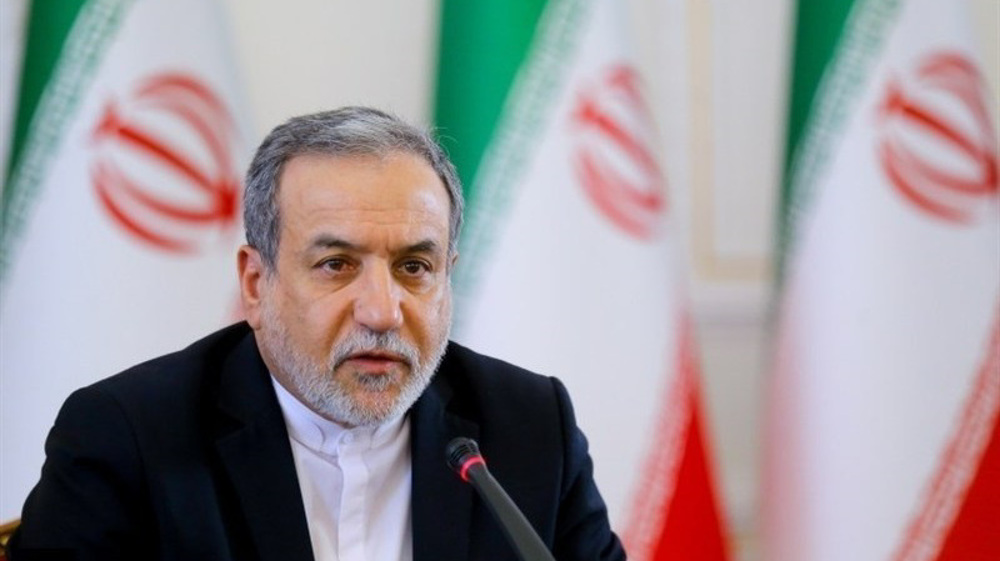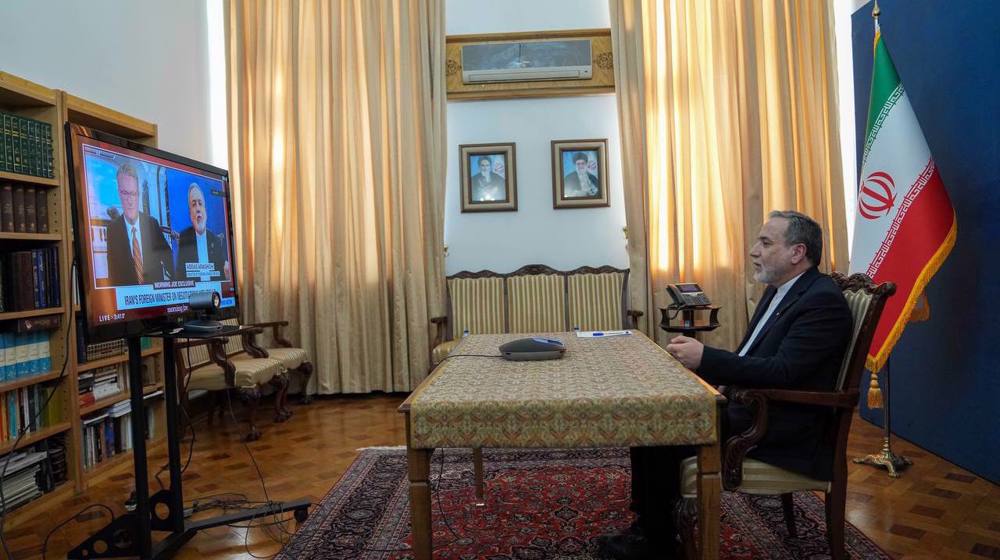After Daesh attacks, Iran draws UN attention to Saudi threats
Iran writes to the UN Security Council, reminding the world body that the recent Daesh terror attacks in Tehran came hot on the heels of Saudi Arabia’s repeated threats against the Islamic Republic.
At least 17 people were killed and around 50 injured in Tehran on Wednesday, when gunmen attacked Iran’s Parliament (Majlis) and the Mausoleum of the late Founder of the Islamic Republic Imam Khomeini.
The Takfiri Daesh terrorist group claimed responsibility for the near-simultaneous assaults.
Read more:
The Iranian Intelligence Ministry on Thursday released the names of and other information about the five Takfiri Daesh terrorists involved in the terror attacks. The five had participated in Daesh atrocities in the Iraqi city of Mosul and the Syrian city of Raqqah.
Read more:
“The terrorist attacks in Tehran took place on the heel of the rejection on 2 May 2017 of any dialog with Iran by the Saudi defense minister and his utter threat, emphasizing that ‘we will work so that the battle is on their side, inside Iran,’” Iran’s Ambassador to the United Nations Gholamali Khoshroo wrote in the letter dated Friday.
The remarks marked a high point in the belligerent Saudi Arabian discourse about Iran. They also saw Mohammed bin Salman, who is also the Saudi deputy Saudi crown prince, accusing Iran of seeking to “control the Muslim world.”

Tehran has consistently rejected Riyadh’s accusations of interference in the region, and has responded to the warlike comments by inviting the kingdom to dialog.
“It is not surprising either that the Saudi minister of foreign affairs had threatened Iran few hours before the attacks, saying that ‘Iran must be punished,’” Khoshroo also noted.
The Al Saud regime has been under fire for nurturing and exporting the radical Wahhabism ideology, which serves as a basis for the creeds of Takfiri groups operating across the Middle East.
Many observers say the Saudi rulers use Daesh and al-Qaeda-linked militants as proxies in pursuit of their own objectives in the region, particularly in Syria, where Riyadh has been seeking to facilitate the ouster of Syrian President Bashar al-Assad.
Meanwhile, Takfiri terror groups have many sympathizers inside Saudi Arabia. There have been reports of fundraising campaigns active in the kingdom in support of Daesh, with the rulers refusing to stop such money donations.
The Iranian diplomat further said he had warned in a letter to the Council the last time about “the irresponsible, provocative, and ill-fated policies” of Saudi Arabia in promoting and financing extremist groups and its adventurism in the region, referring most prominently to the kingdom’s 2015-present bombing of Yemen.
He also said despite its patronage for the extremist ideology, Riyadh had been rewarded recently by a hefty arms deal with the US.
Washington named Iran as the target of the agreement, worth USD-110-billion, which was signed during US President Donald Trump’s visit to the Saudi capital last month.
The Iranian official said that the situation in the region had exacerbated since the agreement was no surprise and cautioned against “such a dangerous approach towards regional security and its grave consequences.”
Guardians of sky: How Iran’s radar network turned 12-day war into a blueprint for deterrence
The story of ancient Persia’s chromium steel
Iranian Navy chief calls for broader naval collaboration at MILAN 2026 naval exercise
VIDEO | Mini Iraq; A city in India that connects faith across borders
Pope skips America’s 250th anniversary despite Vance’s ‘in-person’ invitation
Iran condemns Israeli atrocities, ceasefire violations in southern Lebanon
US military buildup near Iran proves defeat in previous regional wars: Ansarullah
VIDEO | Declared dead, found breathing: The miraculous survival of Najwa after Israeli bombing of Gaza













 This makes it easy to access the Press TV website
This makes it easy to access the Press TV website